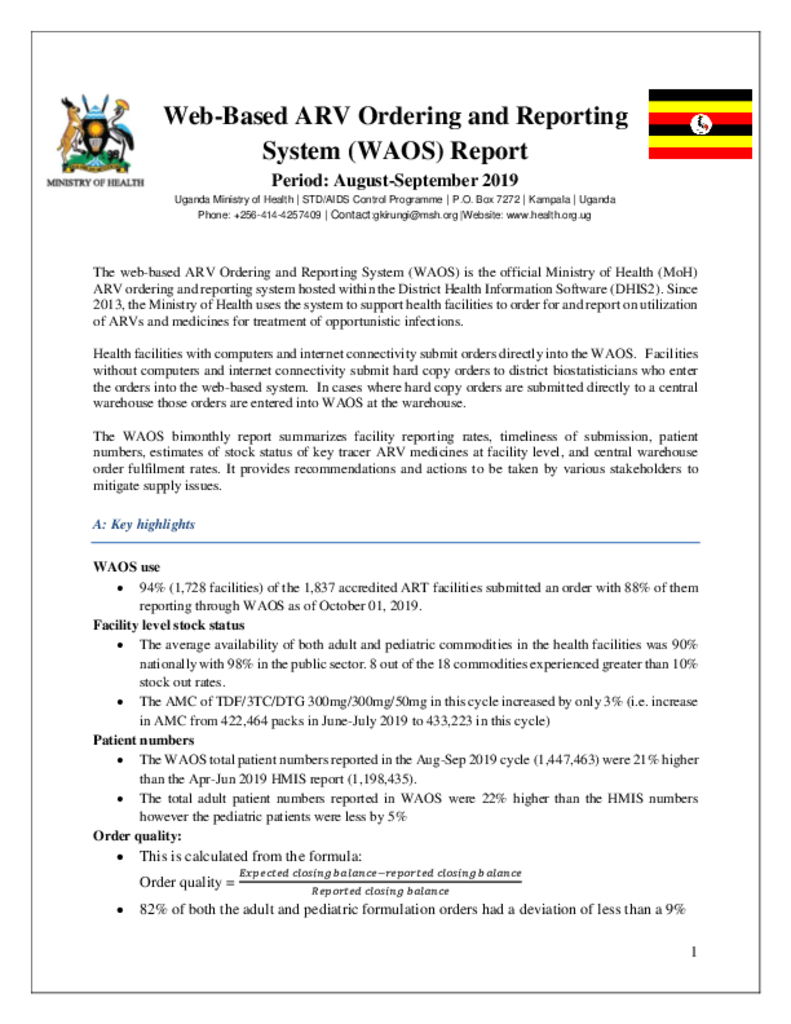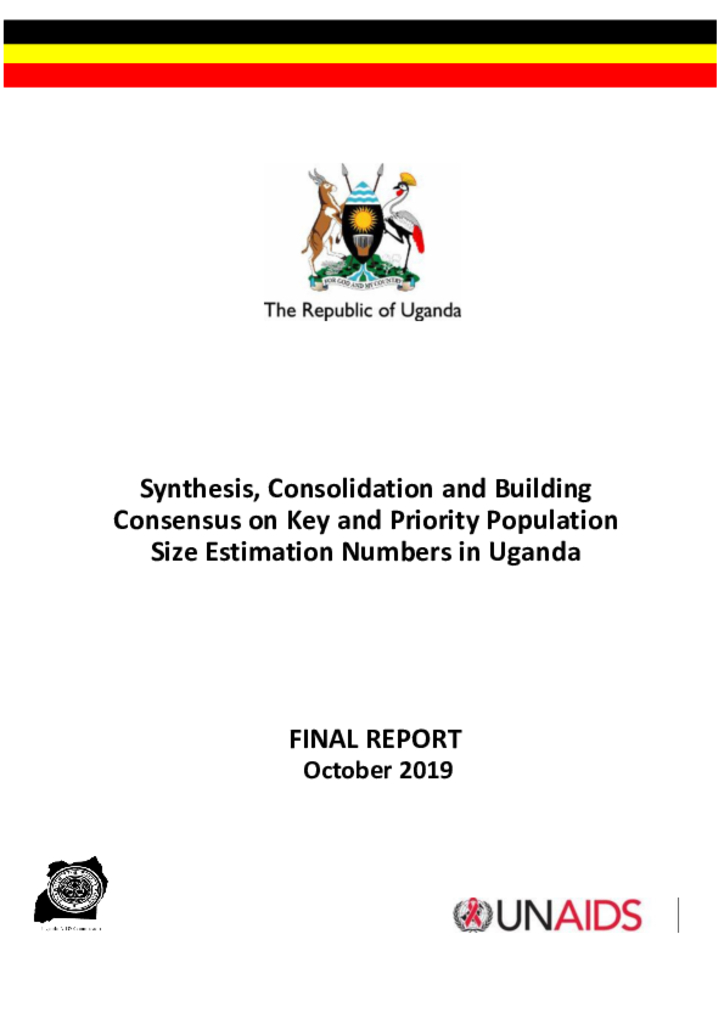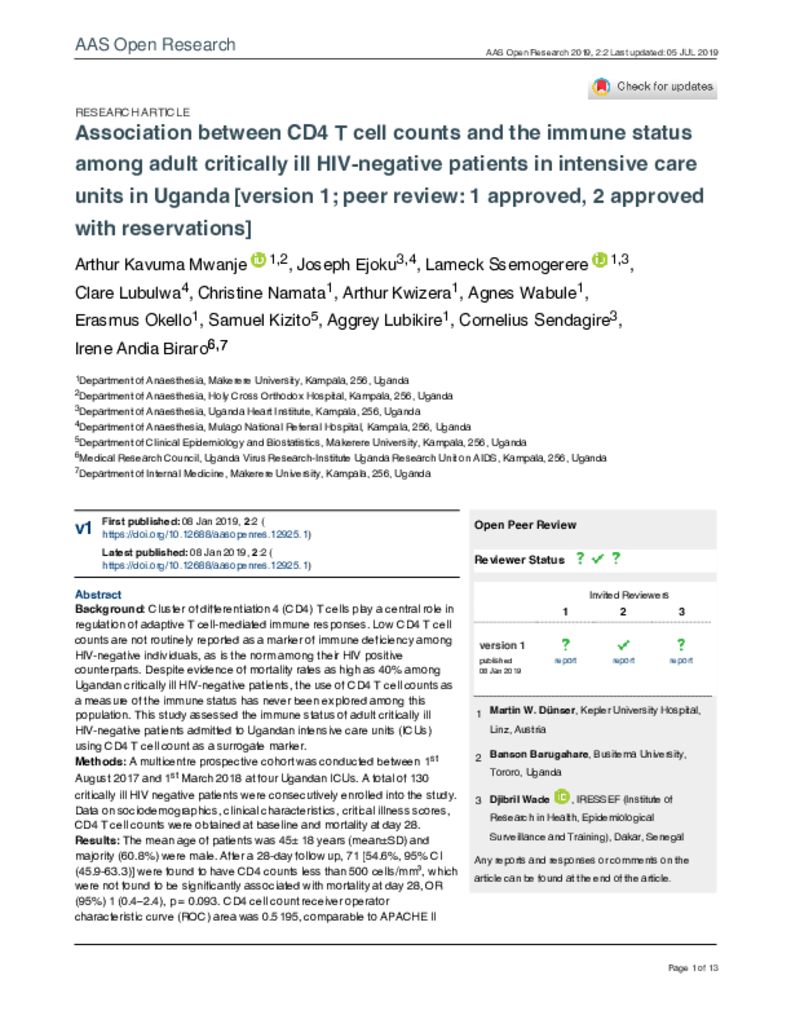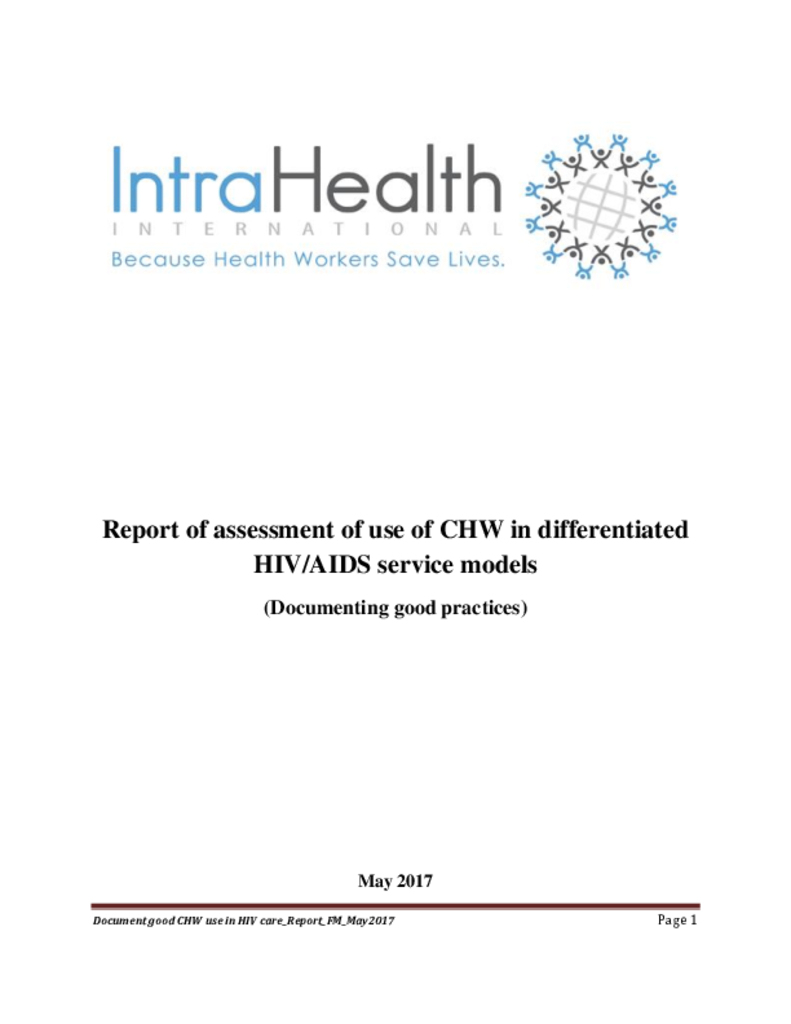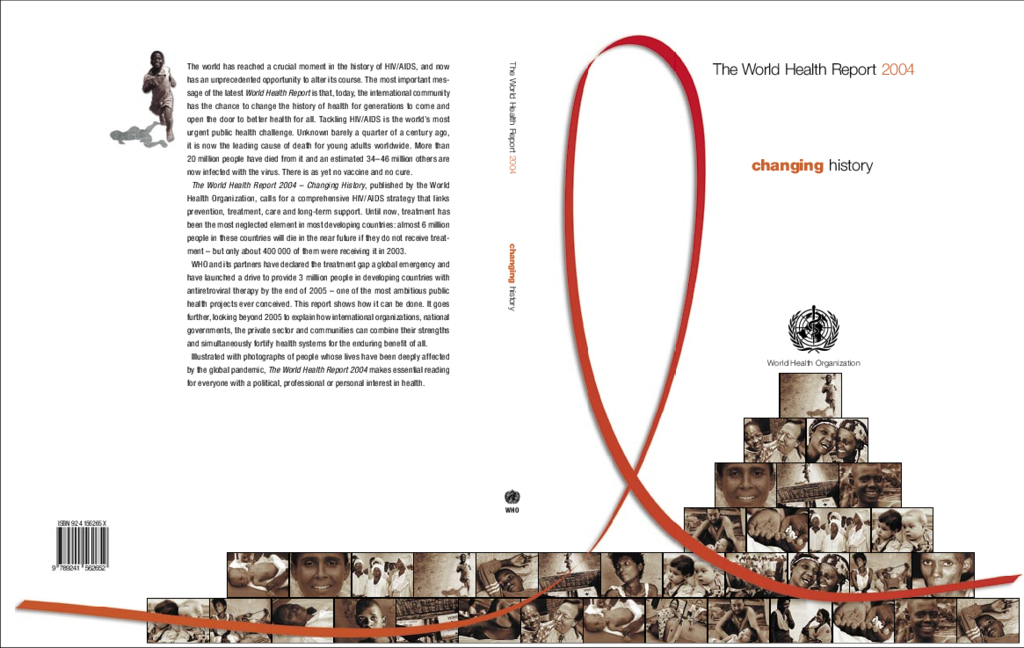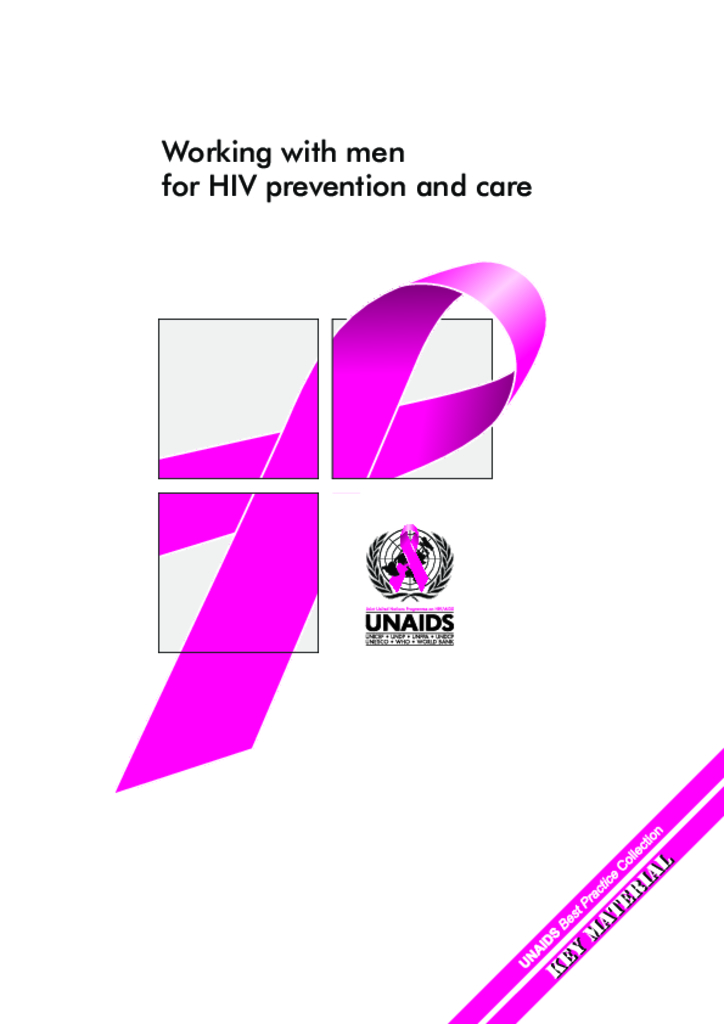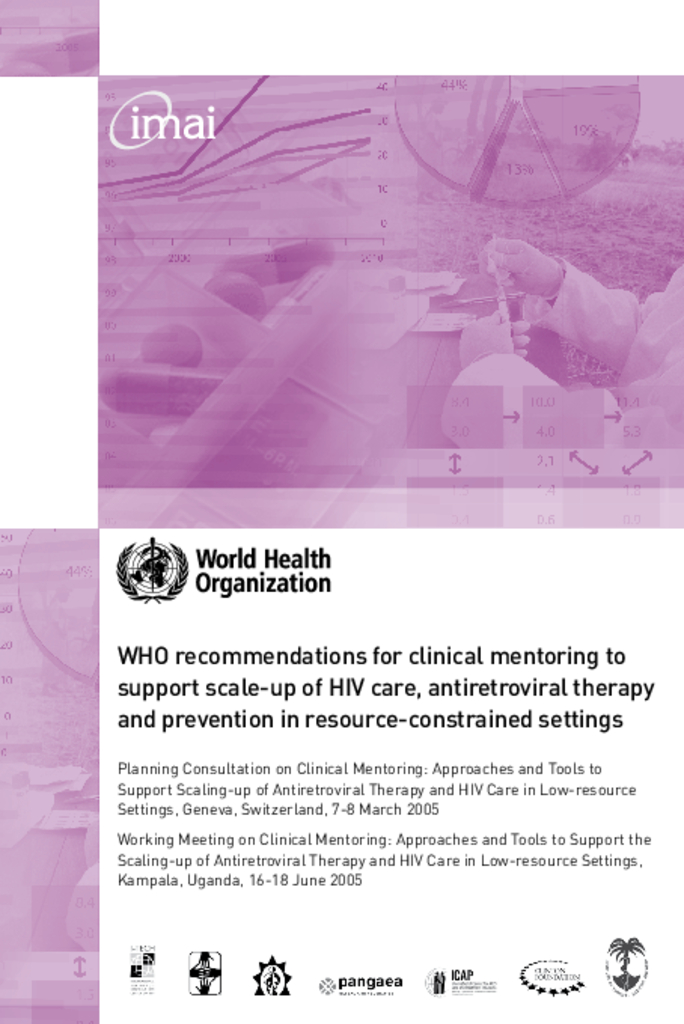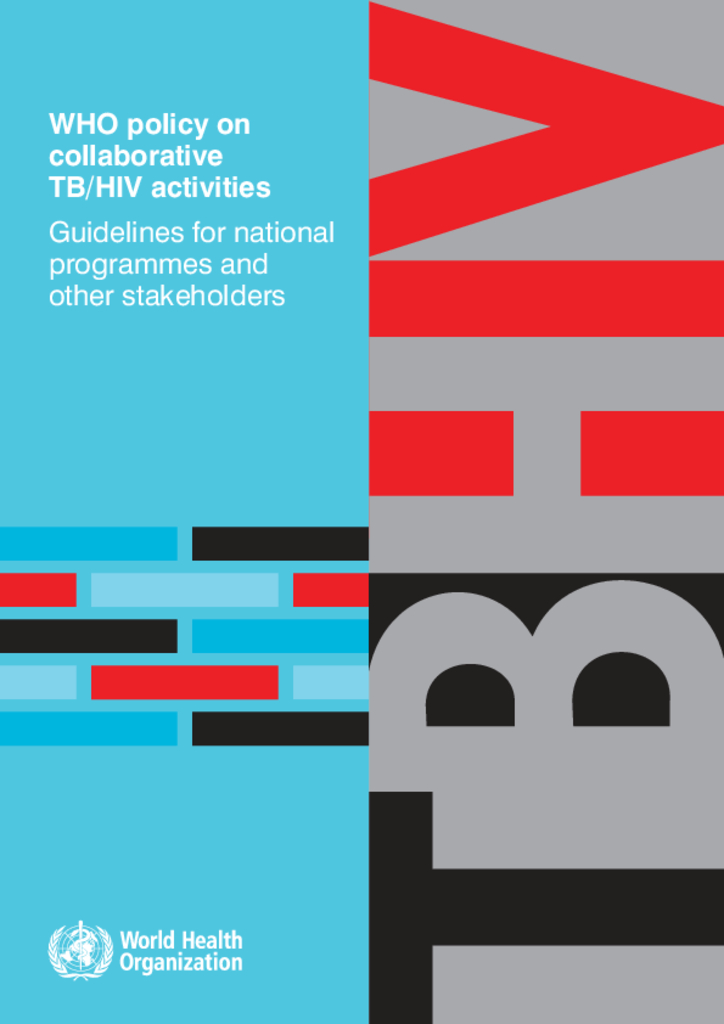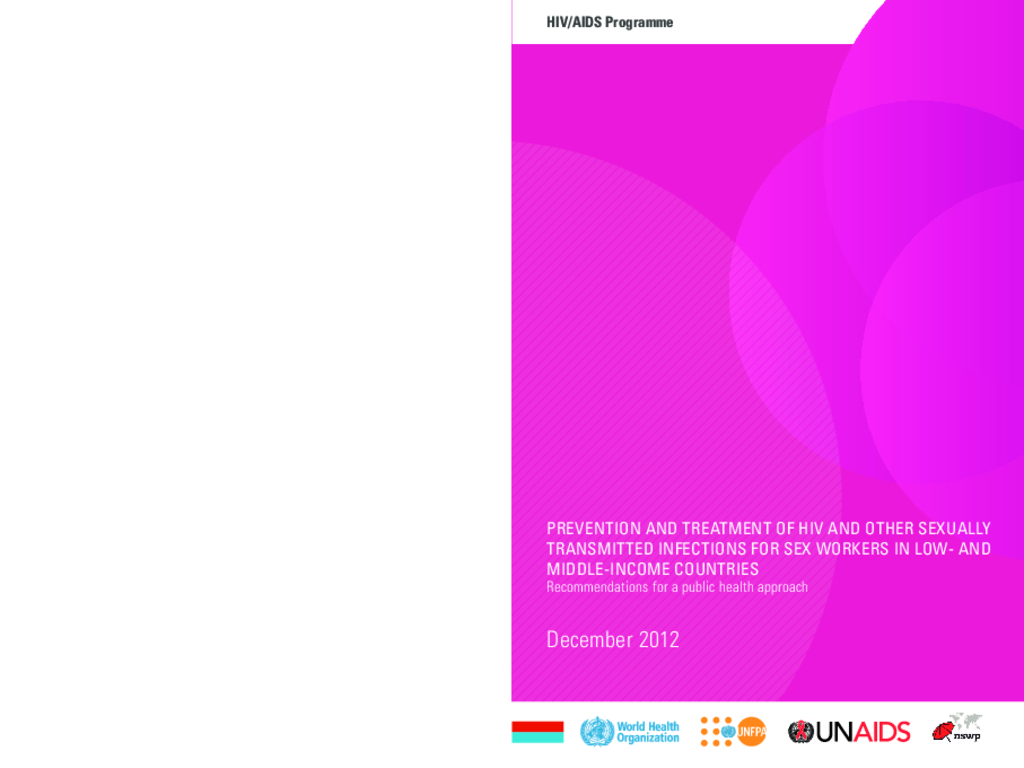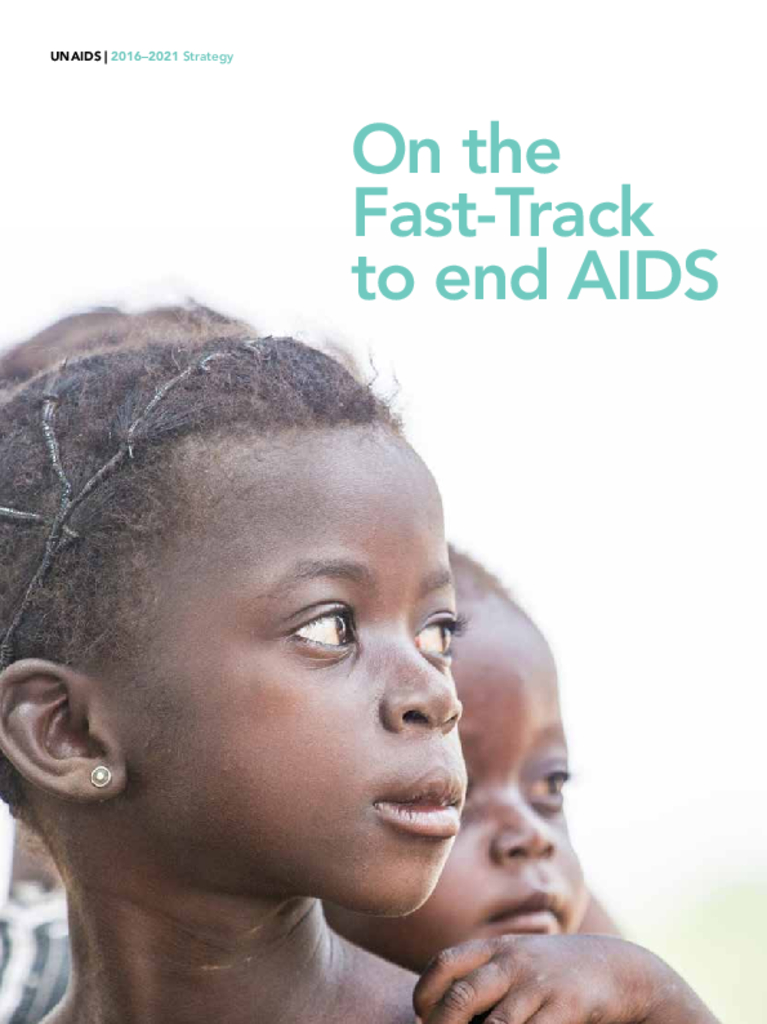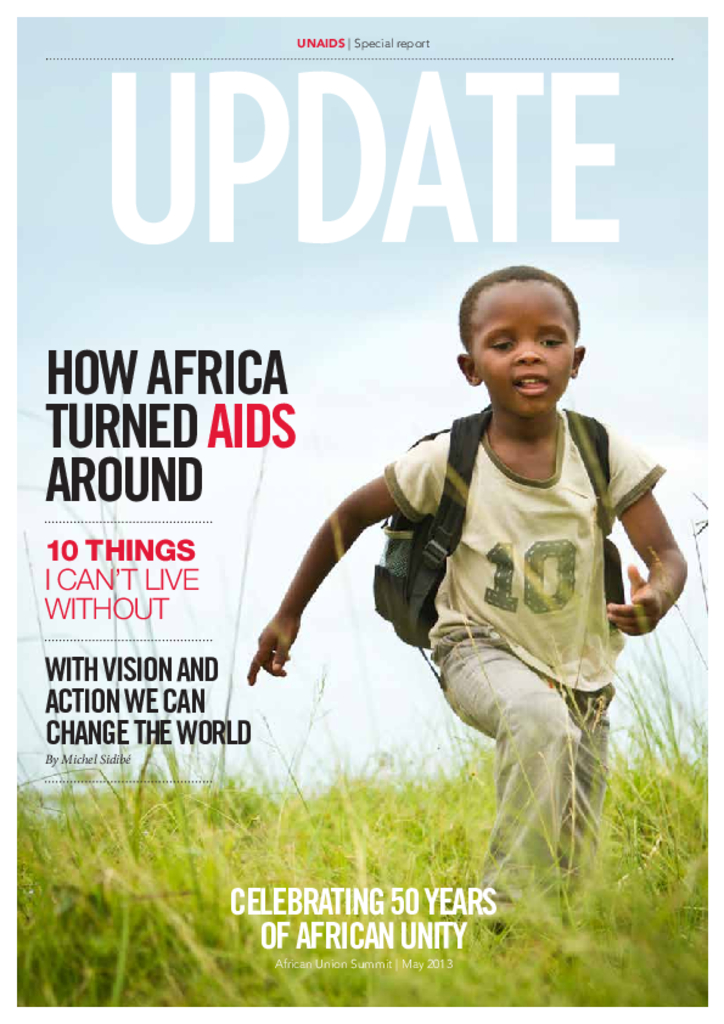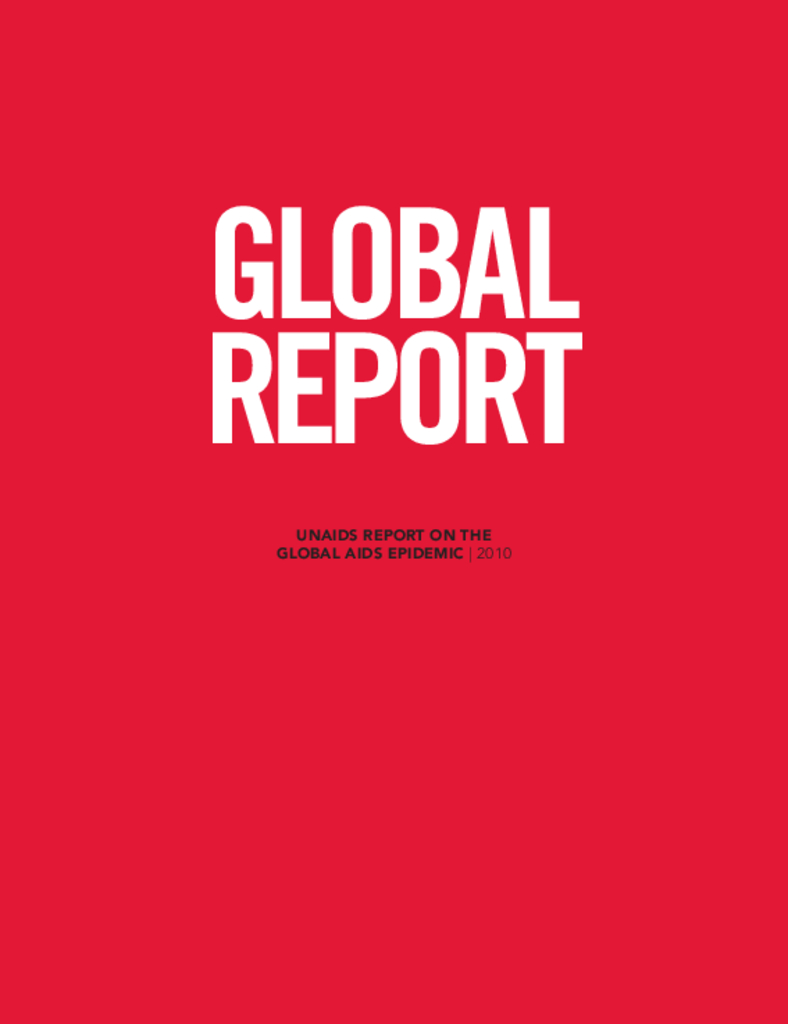Facility reporting rates are calculated based on the total number of active ART facilities as of 1st October 2019. An ART facility is considered active if it submitted at least one order and or report in the last twelve months. The reporting rates for this cycle were 99% for PNFP facilities, 90% for PFP facilities and 93% for the government facilities.
Despite marked advancement in prevention, care and treatment, HIV in Uganda continues to exert severe constraints on the public health and economic well-being of a sizeable proportion of the population. The type of HIV epidemic in Uganda is described as severe, mature, and generalized but with sub-epidemics in different key, priority and other populations. Key populations are described by WHO and UNAIDS as those populations which are at higher risk for HIV irrespective of the epidemic type or local context and which face social and legal challenges that increase their vulnerability
Health workers are central to improving health system performance. According to the Annual Health Sector Performance Report (2016) public sector health facility staffing was 71% and PNFP staffing was 73%. The health workers in the PNFP sector are mainly comprised of support or para-clinical staff. Staffing is generally skewed towards the high referral level
The World Health Report 2004 shows how projects like this can bring the medical treatment that saved Joseph Jeune to millions of other people in poor and middle-income countries and how, crucially, such efforts can drive improvements in health systems. Effectively tackling HIV/AIDS is the world’s most urgent public health challenge. Already, the disease has killed more than 20 million people. Today, an estimated 34–46 million others are living with HIV/AIDS. In 2003, 3 million people died and 5 million others became infected. Unknown a quarter of a century ago, HIV/AIDS is now the leading caus
This document has been produced in order to help those working with men, specifically in the field of HIV prevention as well as more broadly in the areas of improved sexual and reproductive health.
This publication discusses the rationale and relevance of clinical mentoring to the public health approach to scaling up HIV care and antiretroviral therapy (antiretroviral therapy). This discussion is based on the Planning Consultation on Clinical Mentoring: Approaches and Tools to Support Scaling-up of Antiretroviral Therapy and HIV Care in Low-resource Settings, Geneva, Switzerland, 7–8 March 2005 and the Working Meeting on Clinical Mentoring
All members of the Policy Updating Group were asked to complete a World Health Organization (WHO) Declaration of interests for WHO consultants form. Five members of the group declared a conflict of interest. Constance Benson declared consulting, scientific and technical advisory work on antiretroviral therapy new drug development with Merck, GlaxoSmithKline and ViiV for less than US$ 5000 each. Pedro Cahn declared ongoing research support and consulting work with Abbott for an amount of US$ 3000. He declared receiving US$ 2000 from Bristol-Myers Squibb and US$ 2000 from Tibotec for serving on a speakers’ bureau.
Sex workers in many places are highly vulnerable to HIV and other sexually transmitted infections due to multiple factors, including large numbers of sex partners, unsafe working conditions and barriers to the negotiation of consistent condom use. Moreover, sex workers often have little control over these factors because of social marginalization and criminalized work environments. Alcohol, drug use and violence in some settings may further exacerbate their vulnerability and risk.
Ending the AIDS epidemic and leaving no one behind in the response will profoundly affect the entire lifespan of millions of people around the world, for generations to come. The post- AIDS world will be very different from the one we know today—and it is one we can create.
The number of people living with HIV who are accessing referral centres in the country has continued to grow since the introduction of universal and free antiretroviral therapy (ART). People also now have access to treatment for coinfection with TB and hepatitis B and C. Similarly, clinical and laboratory monitoring is universal and free for all people living with HIV, including mobile populations.
“No child should be born with HIV; no child should be an orphan because of HIV; no child should die due to lack of access to treatment,” urged Ebube Sylvia Taylor, an eleven year old born free of HIV, to world leaders gathered in New York to share progress made towards achieving the Millennium Development Goals by 2015.
